Warner College extends a warm welcome to new faculty joining the College community this fall.
Associate Professor David Koons
Department of Fish, Wildlife, and Conservation Biology
James C. Kennedy Endowed Chair of Wetland & Waterfowl Conservation
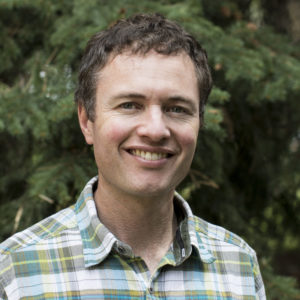
David Koons is a population ecologist with more than 15 years of experience studying waterfowl and a myriad of other species across Alaska, Canada, the contiguous U.S., and Europe. Koons’ research interests include waterfowl and avian ecology, demography, life history evolution, population dynamics, stochastic environments, population structure, harvest, senescence, human-wildlife interactions, natural resource management & conservation. He is also a decorated educator with extensive experience advising students and teaching general population ecology, estimation of population state variables, estimation of demographic parameters, modeling structured populations, and Bayesian integrated population modeling. Before his most recent position at Colorado State University, Koons was on the faculty at Utah State University, a post-doc at the Max Planck Institute for Demographic Research in Germany, attained a Ph.D. degree from Auburn University, and attained M.S. and B.S. degrees from Montana State University.
Assistant Professor Lise Aubry
Department of Fish, Wildlife, and Conservation Biology
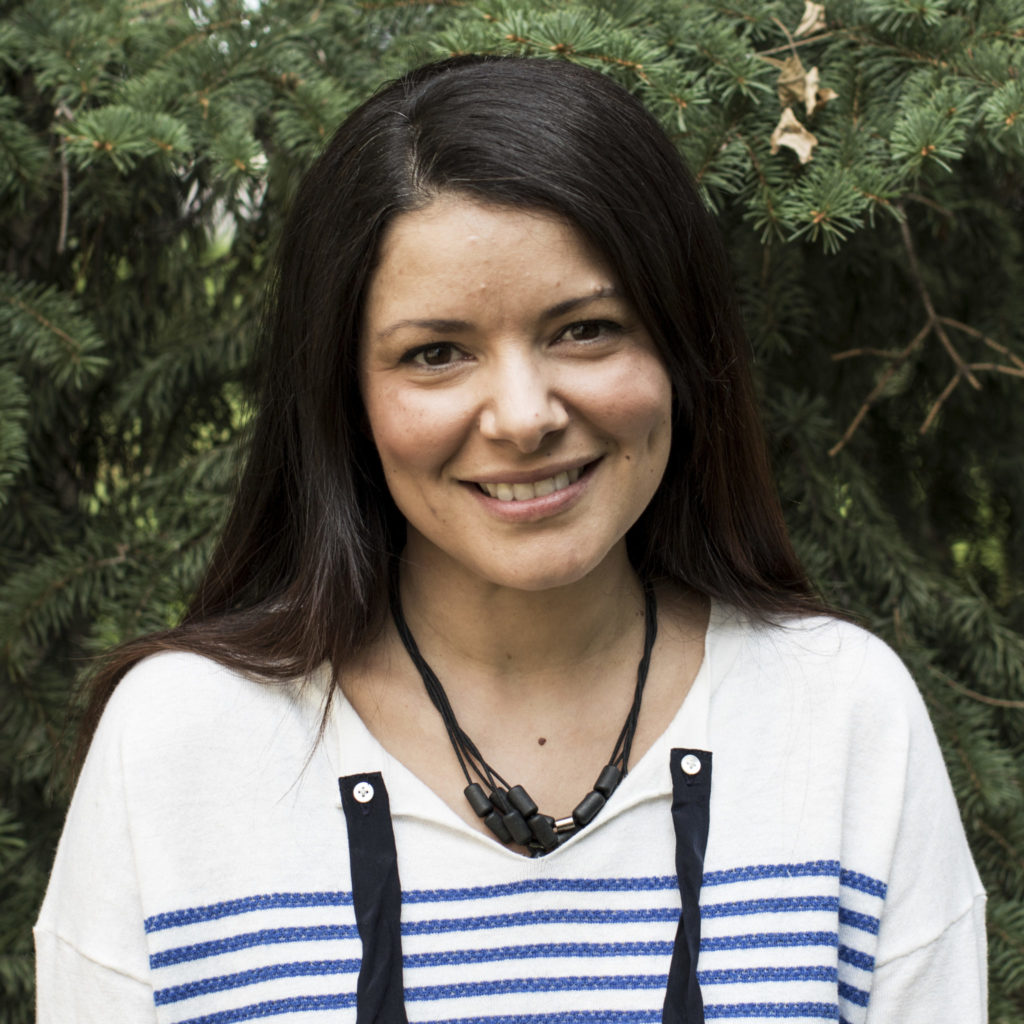
Lise Aubry is a population ecologist interested in quantifying the impacts of anthropogenic factors (climate change, habitat fragmentation) on the ecology, demography, and microevolution of vertebrates. How wild populations respond to management actions such as harvest and conservation practices is also a topic of great interest. Her research calls for the analyses of longitudinal data and methodologies that stem from demography, population ecology, and life history theory. Originally from France, Aubry received a BS and MSc degrees from the Universite Paul Sabatier in Toulouse, and conducted dissertation work at the Max Plank Institute for demographic research (Rostock, Germany) where she studied life history trade-offs and senescence in vertebrates. She then moved to Utah State University to pursue postdoctoral research with a focus on wildlife management and human-wildlife conflicts. Aubry was appointed assistant professor in 2015 and expanded her research program to include climate change research and impacts on wildlife. Aubry is hopes to develop solid roots in both her personal and academic life in Fort Collins.
Assistant Professor Yoichiro Kanno
Department of Fish, Wildlife, and Conservation Biology
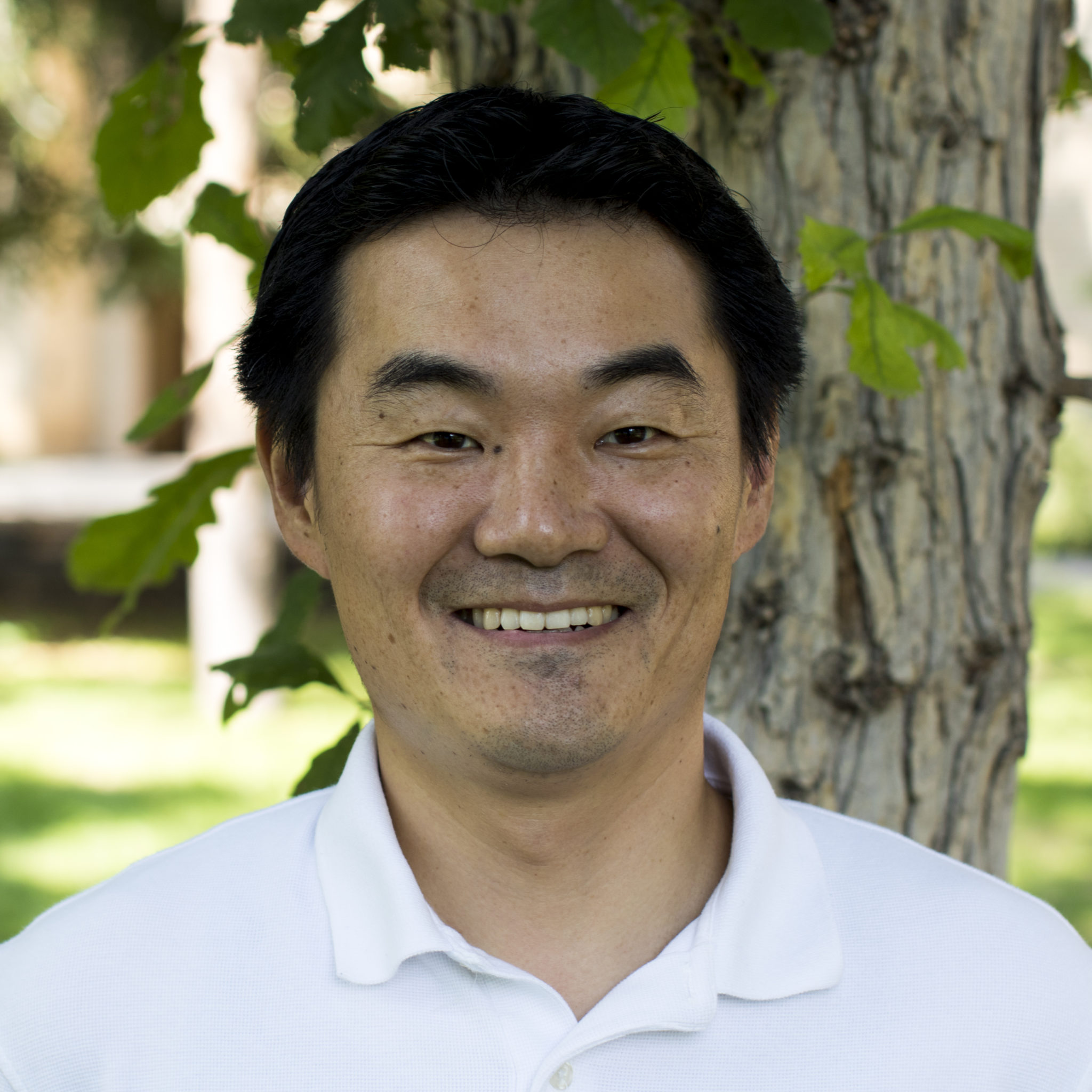
Yoichiro Kanno is a stream fish ecologist with a broad interest in conservation and management of aquatic biota and ecosystems in increasingly human-dominated landscapes. Originally from Tokyo, Japan, Kanno obtained a Ph.D. degree in natural resources management at University Connecticut, and held a faculty position at Clemson University prior to coming to Colorado State University. Throughout his career, Kanno has studied patterns of aquatic biodiversity and processes that sustain them, which are often impacted by anthropogenic activities. In his pursuit of answers for sustainability, he has studied streams with a focus on fishes, ranging in topics from genetics, behavior, and population dynamics to ‘riverscape’ ecology. As he transitions to Colorado, he expects to work on similar conservation ecology themes in a wide range of areas from the Rocky Mountains to the Great Plains streams. Kanno is excited to teach courses in fish conservation and ecology, and looks forward to interacting with the future steward of aquatic resources.
Associate Professor Melissa McHale
Department of Ecosystem Science and Sustainability
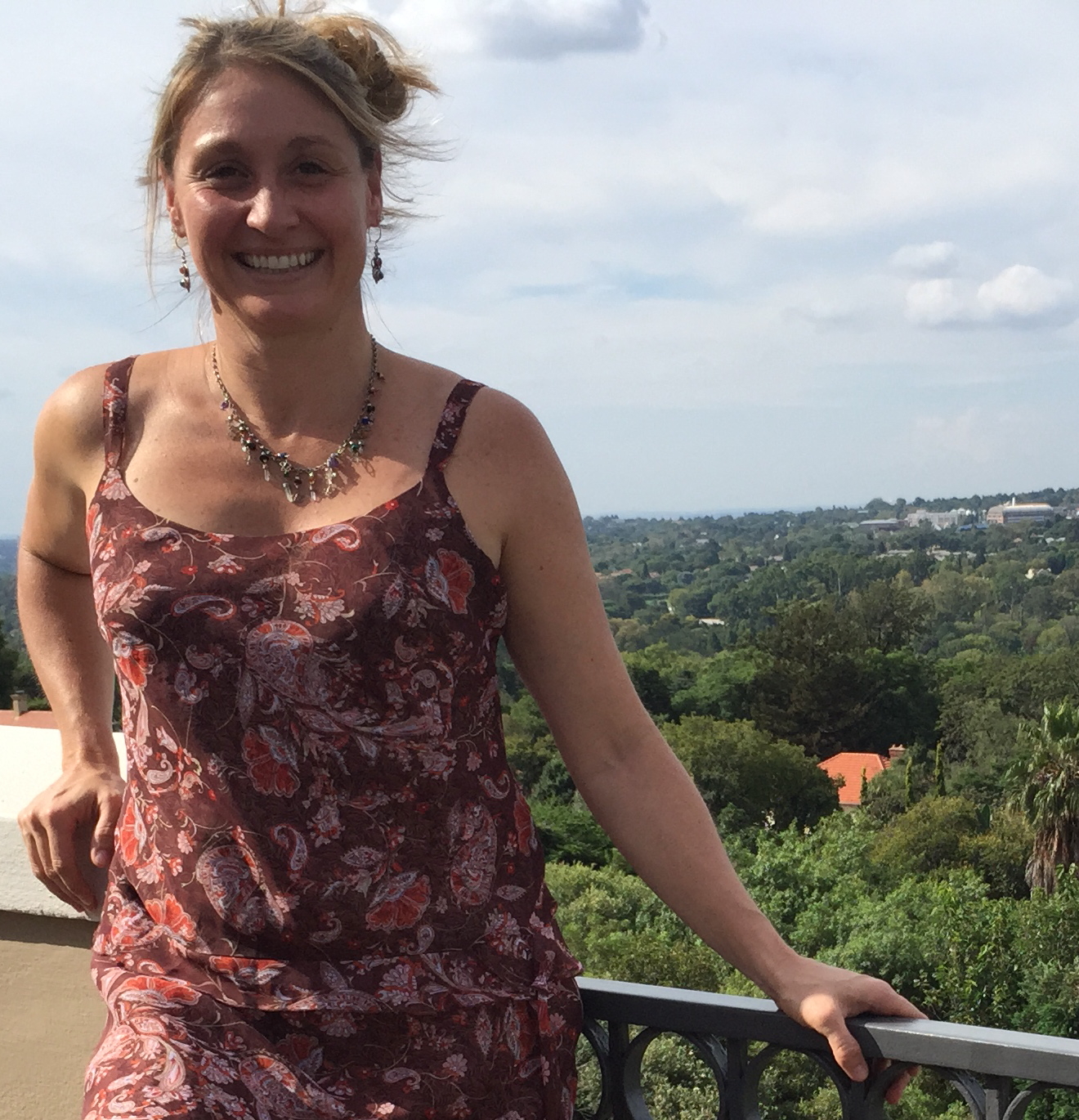
Melissa McHale’s research program focuses on urban ecology and sustainability and in addition to her academic appointment at Colorado State University, she is an Honorary Research Fellow at the Wits City Institute, at the University of the Witwatersrand in South Africa. Her research encompasses a diverse set of themes, including the transdisciplinary study of complex social-ecological systems, social drivers of urban ecosystem structure and function, global urbanization patterns and processes, carbon dynamics in urban systems, conservation and people, green infrastructure and designer ecosystems, as well as, ecosystem services, disservices, and tradeoffs. McHale has also developed an internationally renowned research and education program in South Africa, where she provides students with unique opportunities to work with underprivileged communities on their greatest sustainability challenges.
Assistant Professor Wade Tinkham
Department of Forest and Rangeland Stewardship
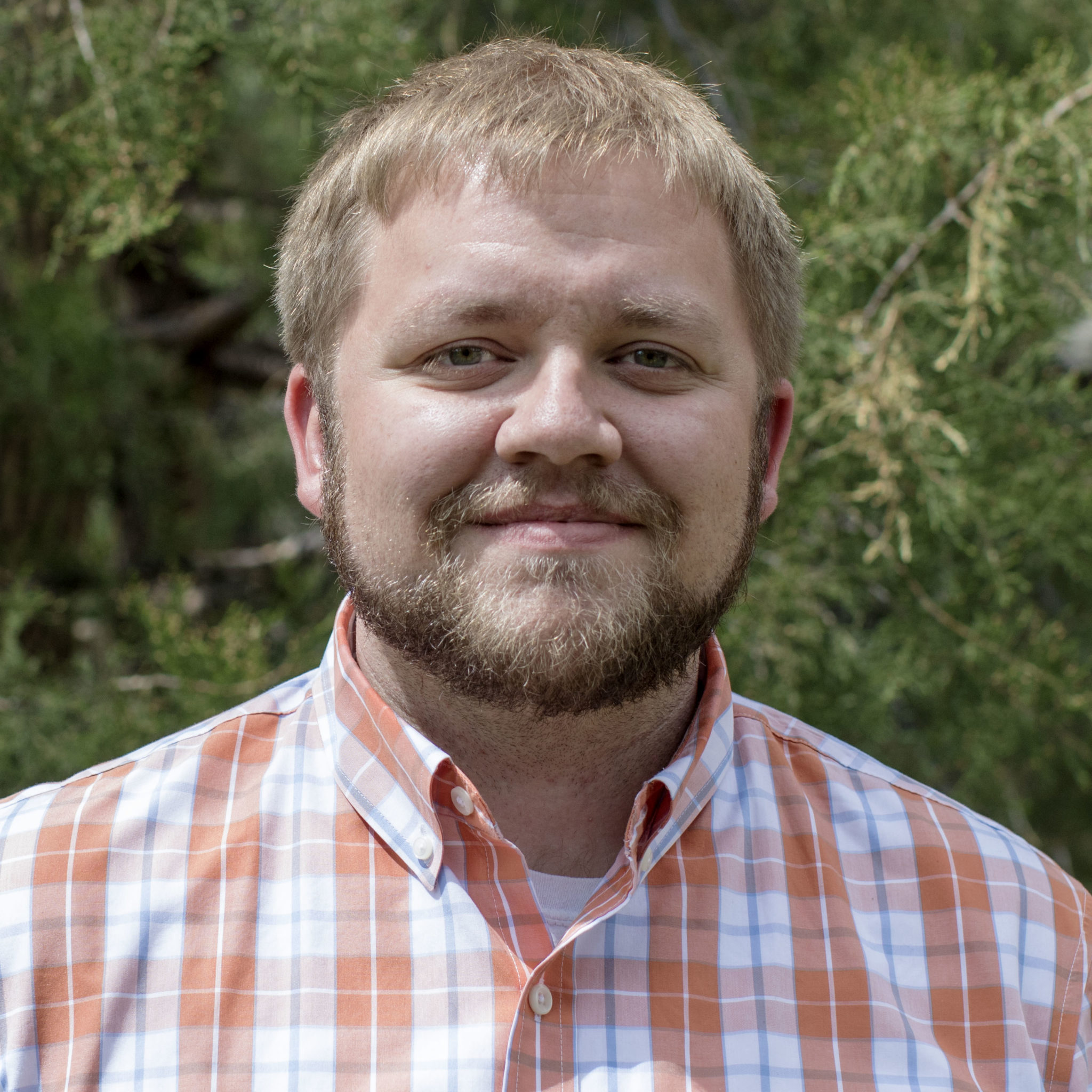
Wade Tinkham is transitioning from three years as a postdoctoral fellow and instructor within the Forest and Rangeland Stewardship department to a new appointment as the Assistant Professor of Forest Biometrics and Natural Resource Measurements. Within this position he will continue developing his research program that utilizes an interdisciplinary approach to advance inventory techniques and characterize ecosystem processes. His research addresses the growing challenges land managers face with balancing multi-scale resource management objectives by advancing the use of biometrics, remote sensing, and quantitative models in managing natural resources.